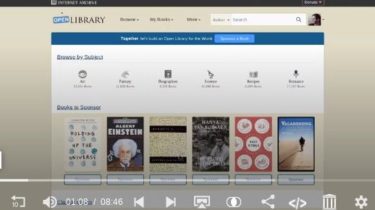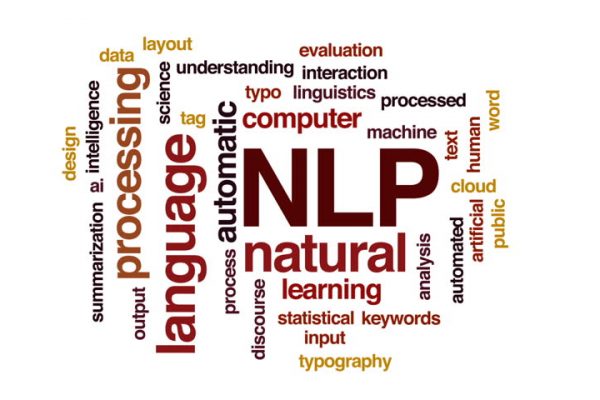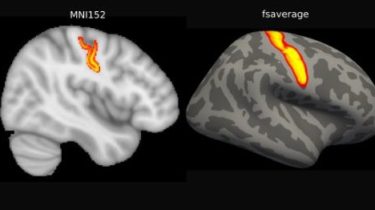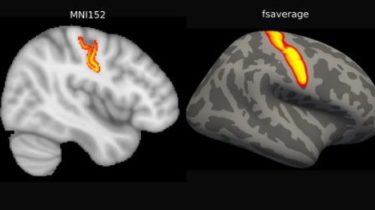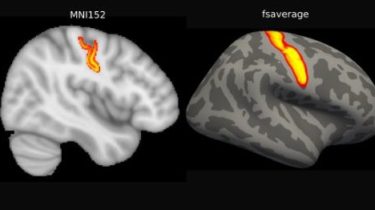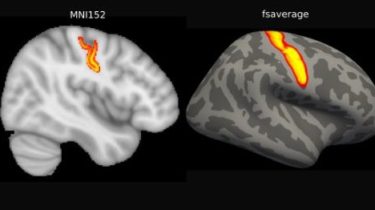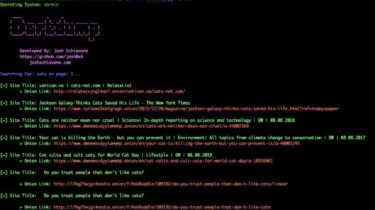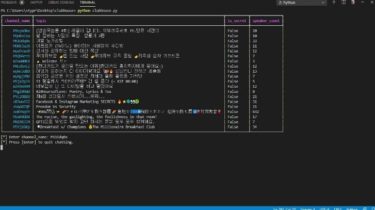An open, editable library catalog, building towards a web page for every book ever published
Open Library is an open, editable library catalog, building towards a web page for every book ever published. Are you looking to get started? This is the guide you are looking for. You may wish to learn more about Google Summer of Code (GSoC)? or Hacktoberfest. Table of Contents Overview Open Library is an effort started in 2006 to create “one web page for every book ever published”. It provides access to many public domain and out-of-print books, which can […]
Read more